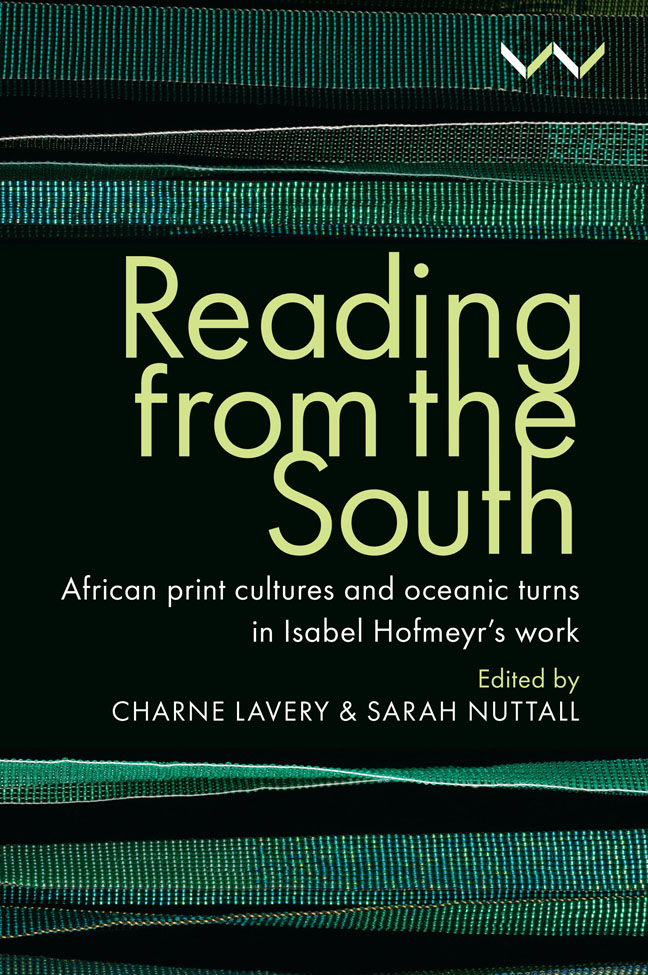Chapter 11 - Amphibious Form: Southern Print Cultures on Indian Ocean Shores
Published online by Cambridge University Press: 01 March 2024
Summary
We begin this excursion into ‘amphibious form’ by following various fictional figures along a riverbank and into the intertidal zone. The first is a juvenile hippopotamus conveying a soldier, ‘[e]nthralled and disarmed’ (Couto 2019), away from the modernist structures of a postcolonial state consumed by global appetites and civil war. After guiding our soldier along a ‘muddy’ bank, the ‘message-bearing’ hippopotamus floats him up a river ‘to the land beyond limits’ of the imaginative realm, which is also the domain of the ancestors and a place of dreams (Couto 2019). Travelling against the current, it carries also into the interior the skeins of maritime transaction across the Indian Ocean that have, for over a thousand years, been embroidered along the shores of Mozambique, the country in which the story is set.
At the farthest reaches of this ocean, an Aboriginal seafarer likens himself to ‘Sinbad the Sailor’ as he ‘navigates the coastline’ (Wright 2006, 334, 333) of his own engulfed country. He comes to land in the wake of a cyclone stirred by the ancestral beings of a world-creating process continuous ‘from time immemorial’ (7), and which is sometimes translated as ‘the Dreaming’. The cyclone has flooded a town established through settler colonialism and shored up with extractive capitalism, and which is named after an imperial circumnavigator. Returning with his grandson, the seafarer, Normal Phantom, turns away from this now deluged ‘ghost town’ to find his way back ‘home’, walking ‘in mud’ to the tune of a ‘mass choir of frogs’, their ‘song wafting off the watery land, singing the country afresh’ (336).
Conveying world-making forces at odds with invading and extractive powers, these semi-aquatic and amphibian creatures – a transporting hippopotamus and a chorus of frogs – respectively strike the concluding notes of Mia Couto's short story ‘Beyond the River Bend’ (1994/2019) and Alexis Wright's epic novel Carpentaria (2006). For all the singularity of these works, and the larger oeuvres of the two writers, I propose reading both as exemplary performances of a literary mode that this chapter describes as ‘amphibious form’. This reading is motivated by an interest in finding ways of approaching novel forms emanating from the South that inhabit or accommodate more than one cultural biome and that are too often contained in the catch-all category of ‘magical realism’.
- Type
- Chapter
- Information
- Reading from the SouthAfrican Print Cultures and Oceanic Turns in Isabel Hofmeyr's Work, pp. 159 - 171Publisher: Wits University PressPrint publication year: 2023



